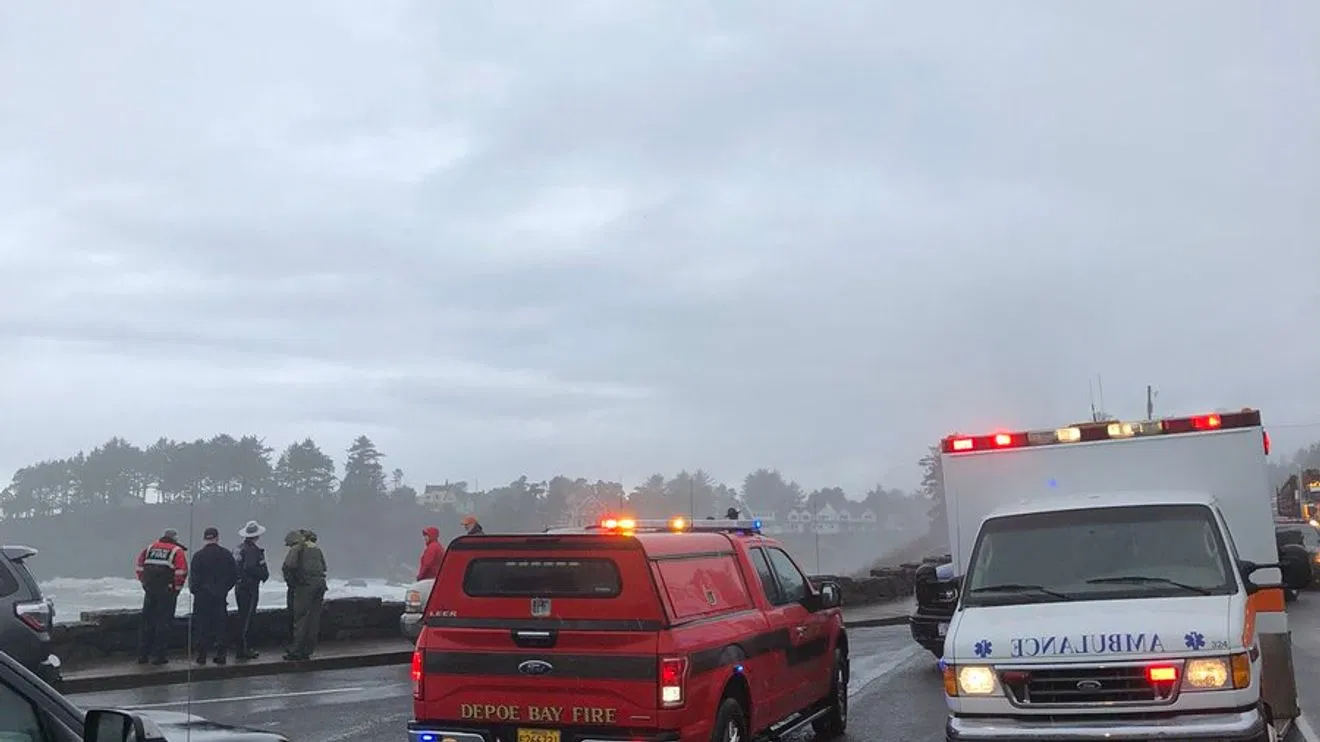“AAA responded to 32 million roadside calls last year—a record—with more battery, flat tire, and key problems than ever before, despite advances in vehicle technology designed to minimize those headaches. AAA’s new analysis shows that record call volume in 2015 involved a greater proportion of cars less than five years old, indicating that evolving technologies are still vulnerable to breakdowns. For example, the sleek, low-profile tires found on some cars look great, but are more susceptible to damage.
“We’ve identified several significant technology issues, based on an evaluation of last year’s calls,” says Marie Dodds, public affairs director for AAA Oregon/Idaho. “The trend to eliminate spare tires and the move to keyless ignition are examples of new technologies that have unintended consequences.” The decision by many automakers to eliminate spare tires to reduce weight and boost fuel economy puts motorists at the mercy of inflator kits that do not work in all cases. Without a spare tire in the vehicle, the call for service may require a tow to a service facility and a much costlier repair. New keyless ignition systems can drain the battery life when keys are stored too close to the vehicle and can lock a driver out of the vehicle when it is still running.
And despite nearly all new vehicles being equipped with low fuel warning alerts and range estimation devices, a higher proportion of drivers are running out of gas. Why? AAA’s study shows drivers are overly dependent on using these systems, pushing the limits between fuel ups. “Many drivers appear to be relying on technology and are delaying taking action for as long as possible,” Dodds adds. Drivers in the West experienced the most breakdowns, last year, followed by the South, the Northeast and the Midwest regions. AAA members in Oregon made 332,000 calls for roadside assistance last year. The top three requests are for battery service, flat tires and key issues.
 Due in part to complex, electronic in-vehicle designs, one-in-five service calls for newer vehicles required a tow to a repair facility for something that might have been otherwise resolved at the roadside. “Vehicles today are more advanced than ever, but are still vulnerable to breakdowns,” says Steve Fox, director of automotive services for AAA Oregon/Idaho. “When trouble strikes, AAA will respond with flexible roadside assistance offerings including app-based service requests and the ability to track the assigned service vehicles in real time with our Service Tracker technology.”
Due in part to complex, electronic in-vehicle designs, one-in-five service calls for newer vehicles required a tow to a repair facility for something that might have been otherwise resolved at the roadside. “Vehicles today are more advanced than ever, but are still vulnerable to breakdowns,” says Steve Fox, director of automotive services for AAA Oregon/Idaho. “When trouble strikes, AAA will respond with flexible roadside assistance offerings including app-based service requests and the ability to track the assigned service vehicles in real time with our Service Tracker technology.”
This summer, AAA expects to answer 8.3 million roadside requests for its members. AAA recommends the following ways to address common roadside problems before trouble strikes:
- Check for a spare tire. If your vehicle doesn’t have one, consider adding it as a backup plan.
- Check tires. Inspect tire pressure and wear, and make sure they are rotated as directed by the manufacturer.
- Avoid potential for lockouts. Always take your keys when leaving your vehicle, avoid exposing keyless-entry remotes and smart keys to water, and replace key or fob batteries as directed.
- Check the battery. AAA provides a complimentary test of a vehicle’s battery, charging and starting for AAA members.
- Evaluate vehicle features, alert systems, and ease of maintenance before you buy. By staying informed of your vehicle’s capabilities, you can avoid surprises later.
- Pack an emergency kit. A recent AAA survey reveals that more than 40 percent of motorists do not carry an emergency kit in their vehicle. AAA recommends that motorists keep and maintain a well-stocked emergency kit, including food/snacks for passengers and pets, drinking water, a flashlight and batteries, battery booster (“jumper”) cables, emergency signal beacons, and a first-aid kit.’
Information provided by AAA
